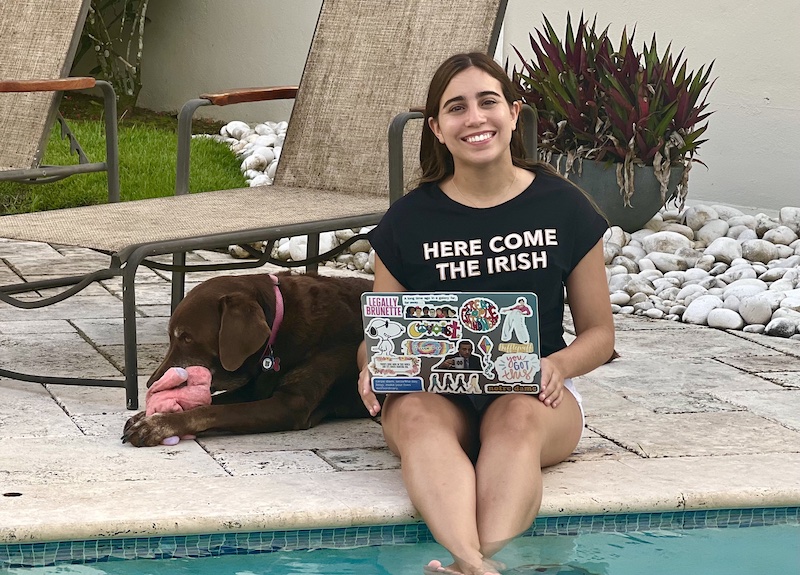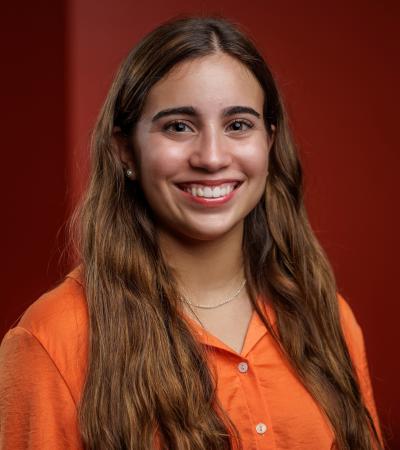Anaconda Editorial (Kaya Responsible Travel) - Ecuador
Virtual Internship
Kaya Responsible Travel: Anaconda Editorial, Quito, Ecuador
Final Report:
This summer, I worked with an independent publishing company based in Quito, Ecuador named Anaconda Editorial. This was made possible through Kaya Responsible Travel, which matched me with this local organization based on my interests and goals, and with the sponsorship and support of the Kellogg Institute for International Studies. It was so gratifying to be working with a publishing company that amplifies indigenous, Ecuadorian, and broader Latin American art, literature, and culture while maintaining sustainable practices.
My overarching task was to help Anaconda Editorial research and develop their new book, which focuses on the fight for the human right to water in Ecuador. This topic encompasses six very distinct projects, from an organic farm revolutionizing agroecology and sustainable agriculture to a large-scale nonpartisan political campaign aiming to achieve a referendum to ban any and all future mining projects from Quito. I was able to delve into a wide variety of sources in both English and Spanish to uncover information — social media posts, articles from major Ecuadorian newspapers, theses from institutions like the Universidad Andina Simón Bolívar and FLACSO, scientific papers, local websites, and so much more. It was an incredibly enriching experience to learn so much about these vastly different topics and all the ways in which Ecuadorians are banding together for the wellbeing of their country. Besides that, I also learned a lot more about the publishing process and all the work that goes behind an academic book.
While conducting my research, I also learned some invaluable skills. I worked with Excel to organize information, conceptualized topics such as sustainable development and its tensions with economic growth, learned how to cite in APA format in Spanish, and so much more. The skill that stands out the most, though, is mastering ATLAS.ti, a qualitative data analysis software. I took a workshop with one of my directors and, afterward, was able to create codes for each project. I then discussed the codes with both of my directors, made a brief conceptual description of each code, and started reading through our documents to identify codes within them. Later, by searching through each code, we were able to pinpoint key topics and quotations. ATLAS.ti is definitely a platform I’ll be using in the future, whether for my research with the Kellogg International Scholars Program or my senior thesis in Theology. I have my internship to thank for it!
The people were also a really important aspect of my internship. I had two directors, both of which were helpful, dedicated, and welcoming. One of my directors I met with every Monday. He assigned new tasks, kept me on track, gave me feedback, was able to put creative spins on our research, discussed a wide variety of topics with me, including his perspective on the Ecuadorian protests going on at the time, and was always eager to share his wisdom. My other director I met with less often, but she was also a constant source of encouragement and an amazing guide, teaching me ATLAS.ti and a general overview of Ecuadorian culture. I also took cultural workshops with another member of Kaya Responsible Travel, which I deeply enjoyed. It was amazing to see the similarities between Ecuador and my home, Puerto Rico, as well as all the beautiful ways they vary. Ecuador truly has such a rich history, and this helped me connect with my work even more, the research that focused on a brighter future. Lastly, I had a local buddy, a twenty-three-year-old college graduate who works in tourism and is very passionate about teaching people about his country. Being able to chat with him was great, as it not only enriched my personal learning experience but also helped me create more connections within the topics I was investigating from a Gen Z point of view.






